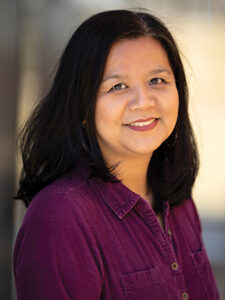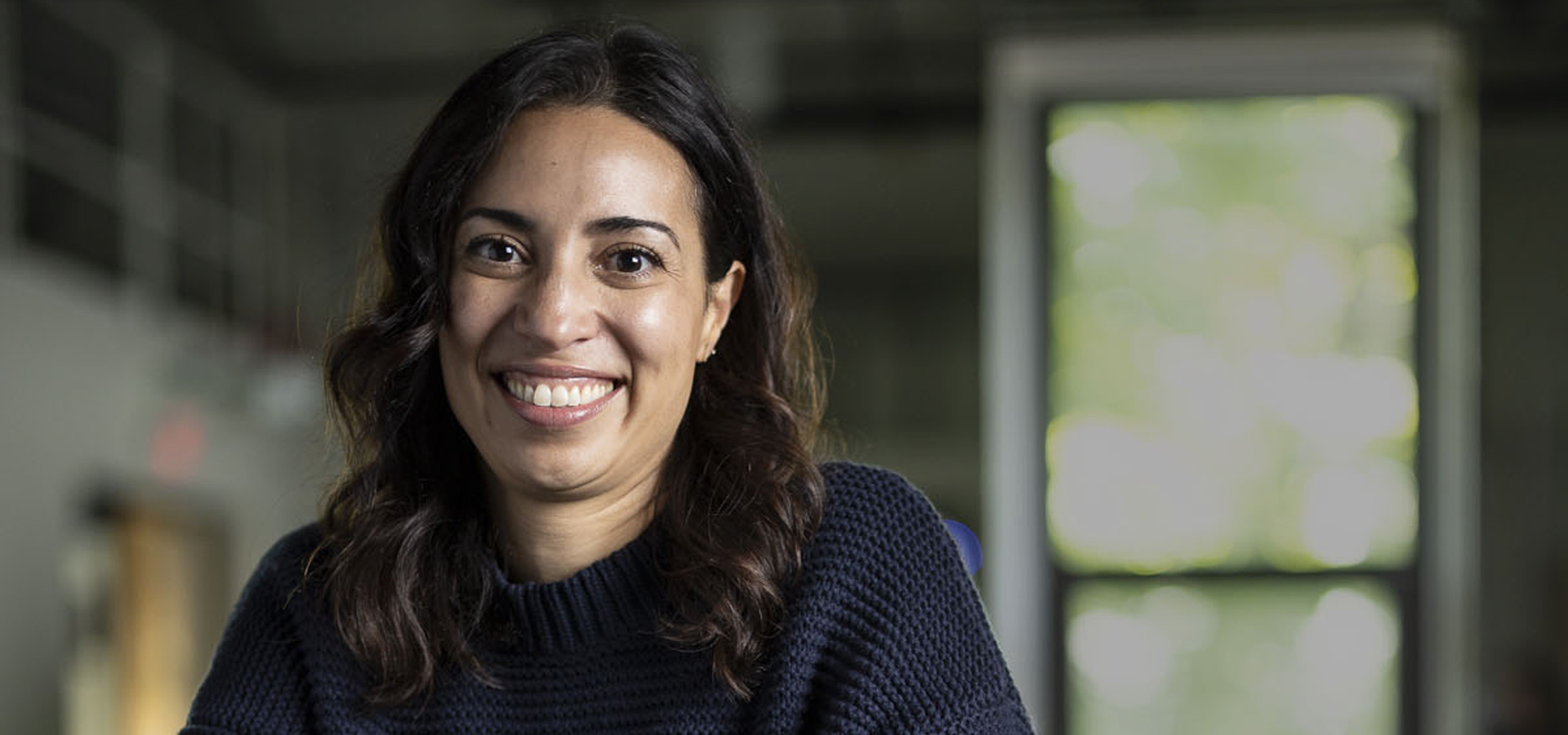From the Editor: Finding Common Ground
Here we go again. Four years ago, we welcomed the Class of 2024 to campus under pandemic quarantine protocols, regular testing, and hybrid classes while also preparing for a hotly contested presidential election that would see the highest voter turnout in a century. The cover of that Fall 2020 issue of Wesleyan Magazine had one simple message: VOTE.
Four years later, those wide-eyed and masked first-years from 2020 are new graduates who have joined the ranks of alumni out in the world using their Wesleyan-honed skills to discover new adventures and make their way. Where we previously craved connection amid social distancing and from behind masks, now we find ourselves physically unrestricted but perhaps even more ideologically opposed from each other with war in the Middle East, tensions on campuses around the country, and another divisive and consequential presidential election just around the corner.
This time, for those of us on campus, the call to action goes beyond voting. While speaking through the ballot is important, for meaningful and sustained change, we know we have to engage. Engage in our civic duty as responsible citizens—from looking out for our communities to participating in elections on the local level and up—but also, and maybe more importantly, engage with each other. We need to learn to broach the disagreements and differences of opinion that have led us to retreat to the “safety” of our social media echo chambers and like-minded friend groups.
That’s a tall order and not an easy task. Even the most seasoned diplomat or most venerated scholar would feel some hesitation in airing an unpopular opinion to an unfriendly audience in this age of canceling, trolling, and doxing. It takes practice, education, and a willingness to be a little bit uncomfortable. Fortunately, these traits are already part of the Wesleyan ethos.
For this issue of the magazine, we looked for stories of people and programs that are helping us to bridge the divide and find common ground. From a new series of courses and engagement opportunities that teach productive dialogue and increased empathy to a tradition of welcoming first-years that provides a foray into embodied inquiry and community-building through dance. Along the way you’ll hear from Olin Professor of English and American Studies, Emeritus, Richard Slotkin as he dissects the history of America and the recurring stories that have helped shape our current cultural identity. And you’ll meet Luca D’Agruma ’27, a politically conscious sophomore who is proving that it’s never too early to get involved as he shares his experiences as one of the youngest delegates at the Democratic National Convention and his thoughts on getting young people to vote.
A lot can change in four years—a new student body, new graduates, a new presidential term, and a new political climate. It’s impossible to know how the changes we are implementing today will affect what we’ll be writing about in fall 2028, but at the very least, we hope it will spark some meaningful in-person conversation and better understanding as a first step toward productive resolution and growth.


